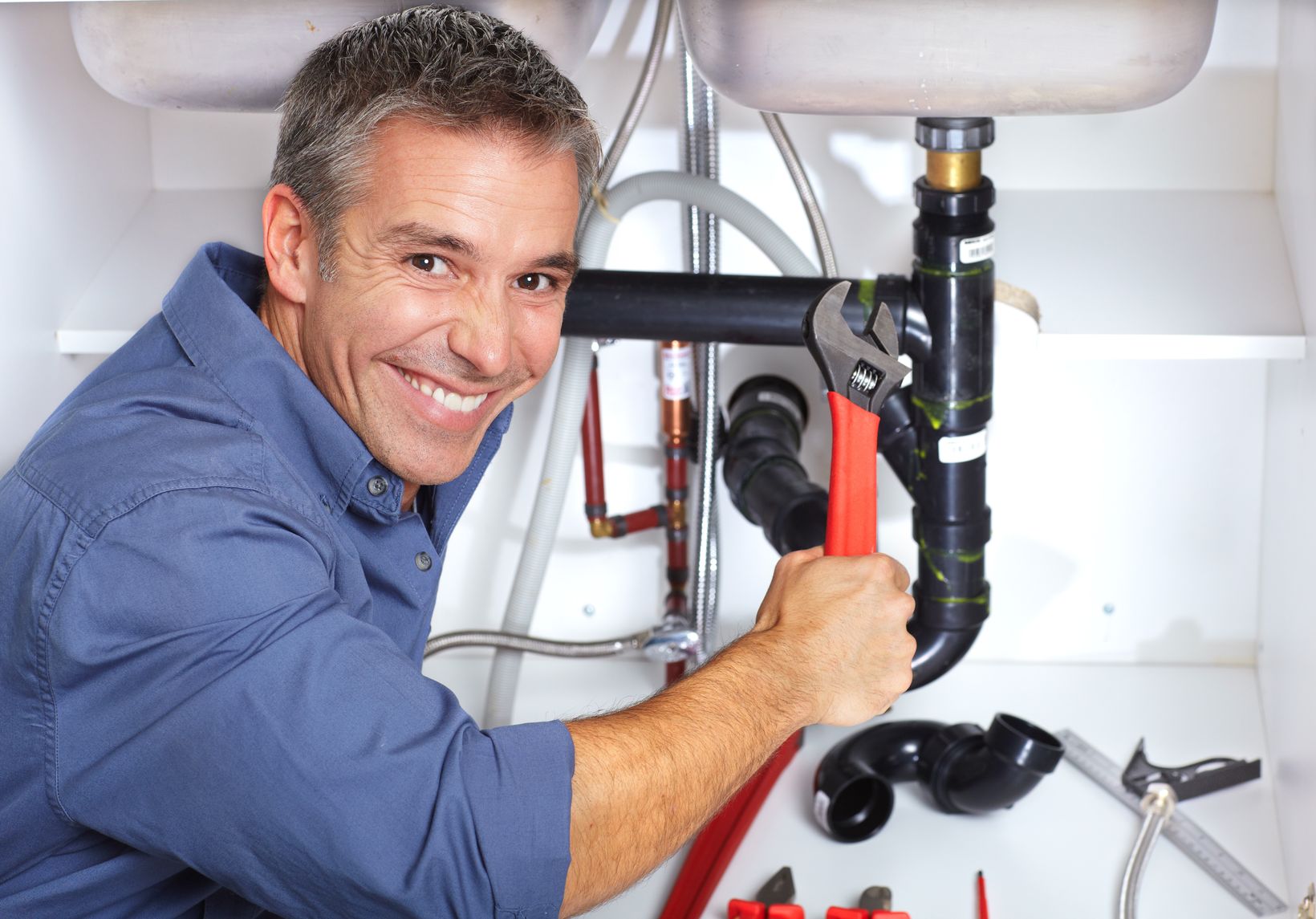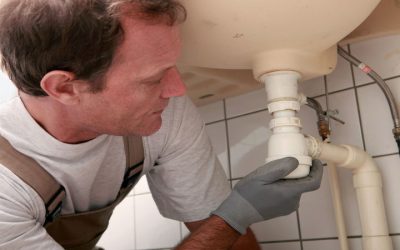Ideally, replacing your water heater before it breaks down and leaves you with a flooded floor or without hot water is always the best option. While there are some issues with traditional tank types of water heaters in Des Moines, WA, that are caused suddenly and without any warning signs, in most cases you will see the subtle warnings of pending problems.
To help you to know when to start to plan for a replacement, look for the following issues that are common signs of hot water tank problems.
End of Lifecycle
Even with the new models of today, most tank water heaters will need to be replaced every 10-12 years. Some can last up to 15 years and there are always a few that go longer, it really depends on use, water conditions and other factors.
Generally, if the tank is getting close to the manufacturer’s suggested length of use a replacement rather than a costly repair is the most economical consideration.
Decrease in Hot Water Volume
Most hot water tanks will have a decrease in efficiency as they age. This includes producing less volume of hot water or not maintaining the temperature of the water in the tank consistently.
You may also notice that the hot water heater seems to be running all the time. This may translate to an increase in your power bill.
Strange Noises
A key sign of problems with any type of water heaters in Des Moines, WA is gurgling or rumbling types of sounds. These are most common when the heating cycle is on, but they can often be heard when you turn on a tap.
Any bursts of air in the hot water lines may also be an issue with the lines or the tank and should be checked out to ensure there isn’t a leak somewhere in the system.
Sediment in Water
Scale and deposits can build up in the tank as well, particularly for those using well water or in areas with hard water. These can sometimes be seen as small or large flakes or pieces of what looks like scale or dirt in the hot water.
You may also notice an odor to the hot water or a combination of shale and odor. Routine maintenance on the tank will identify if this is an issue and help you to prepare for a replacement in the near future. For more information, contact Pat’s Plumbing today!


